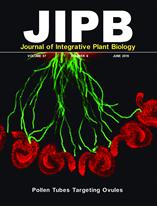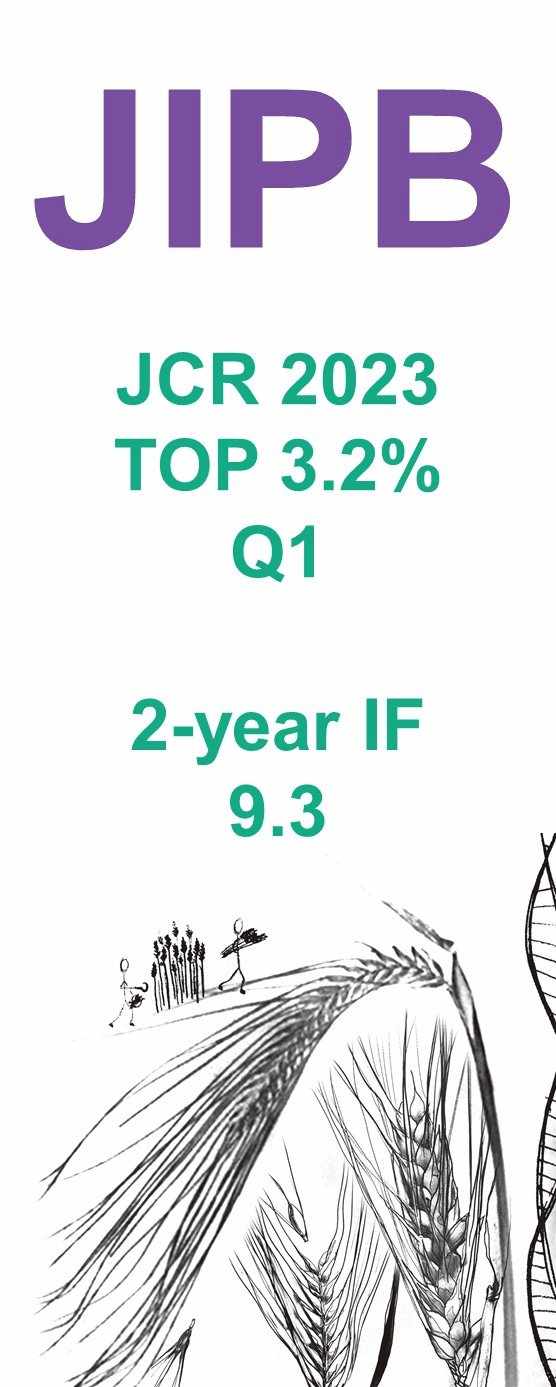Author: Sang-Hwa Lee, Yasuhito Sakuraba, Taeyoung Lee, Kyu-Won Kim, Gynheung An, Han Yong Lee, and Nam-Chon Paek
Jasmonic acid (JA) functions in plant development, including senescence and immunity. Arabidopsis thaliana CORONATINE INSENSITIVE 1 encodes a JA receptor and functions in the JA-responsive signaling pathway. The Arabidopsis genome harbors a single COI gene, but the rice (Oryza sativa) genome harbors three COI homologs, OsCOI1a, OsCOI1b, and OsCOI2. Thus, it remains unclear whether each OsCOI has distinct, additive, synergistic, or redundant functions in development. Here, we use the oscoi1b-1 knockout mutants to show that OsCOI1b mainly affects leaf senescence under senescence-promoting conditions. oscoi1b-1 mutants stayed green during dark-induced and natural senescence, with substantial retention of chlorophylls and photosynthetic capacity. Furthermore, several senescence-associated genes were downregulated in oscoi1b-1 mutants, including homologs of Arabidopsis thaliana ETHYLENE INSENSITIVE 3 and ORESARA 1, important regulators of leaf senescence. These results suggest that crosstalk between JA signaling and ethylene signaling affects leaf senescence. The Arabidopsis coi1-1 plants containing 35S:OsCOI1a or 35S:OsCOI1b rescued the delayed leaf senescence during dark incubation, suggesting that both OsCOI1a and OsCOI1b are required for promoting leaf senescence in rice. oscoi1b-1 mutants showed significant decreases in spikelet fertility and grain weight, leading to severe reduction of grain yield, indicating that OsCOI1-mediated JA signaling affects spikelet fertility and grain filling.
Lee SH, Sakuraba Y, Lee T, Kim KW, An G, Lee HY, Paek NC (2015) Mutation of Oryza sativa CORONATINE INSENSITIVE 1b (OsCOI1b) delays leaf senescence. J Integr Plant Biol 57: 562–576. doi: 10.1111/jipb.12276




 Scan the QR code to view JIPB on WeChat
Scan the QR code to view JIPB on WeChat













